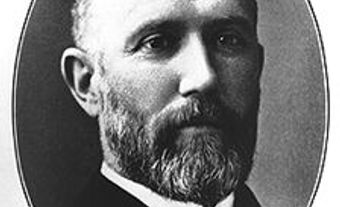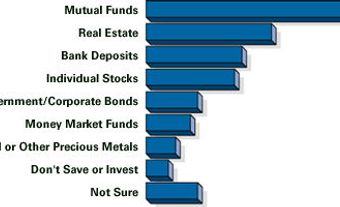Stabilization
Stabilization refers to government MONETARY POLICY, FISCAL POLICY, or other actions taken with the goal of minimizing BUSINESS CYCLE fluctuations in important economy-wide variables - especially employment, output and INFLATION. For example, a cyclical decline in output might be cushioned by fiscal initiatives such as tax cuts or increased government expenditures, or by a monetary policy generating lower INTEREST rates to stimulate investment expenditures. The reverse of these policies, accompanied by the introduction of WAGE AND PRICE CONTROLS, may be adopted to forestall any acceleration of inflation.
The development of the modern idea of stabilization policy can be attributed to the British economist John Maynard Keynes. During the GREAT DEPRESSION, Keynes argued forcefully that cyclical fluctuations were not sufficiently self-correcting, and that active government intervention might be needed to prevent a repetition of such a severe and prolonged economic downturn (see KEYNESIAN ECONOMICS). Although this principle is now generally well accepted, critics assert that the effectiveness of stabilization policy is limited by conflicts among objectives (eg, actions to reduce inflation may increase unemployment) and by inconsistencies between short-term and long-term effects - especially when the pressures of political expediency are considered. These issues continue to be debated both at theoretical and practical levels.

 Share on Facebook
Share on Facebook Share on X
Share on X Share by Email
Share by Email Share on Google Classroom
Share on Google Classroom


